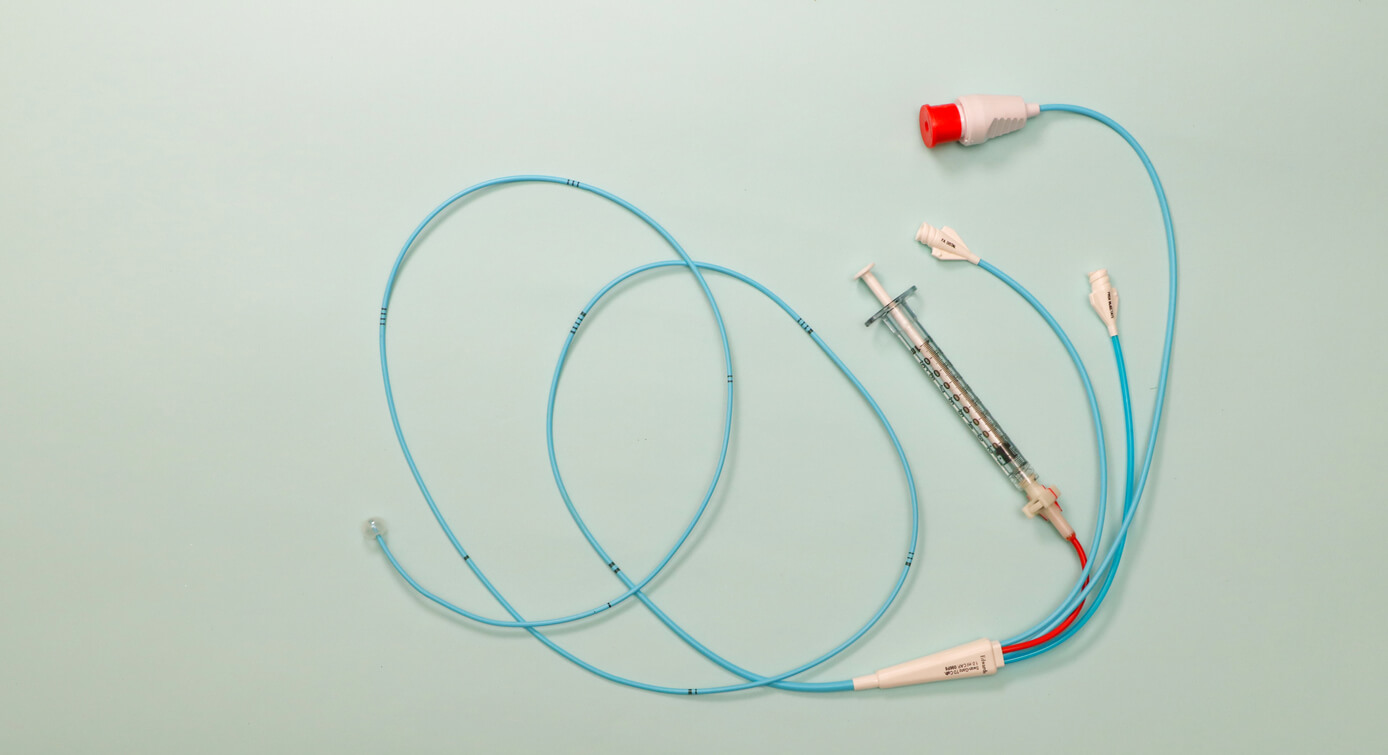Bellwether Cases Selected in Bard PowerPort MDL
Editors carefully fact-check all Drugwatch.com content for accuracy and quality.
Drugwatch.com has a stringent fact-checking process. It starts with our strict sourcing guidelines.
We only gather information from credible sources. This includes peer-reviewed medical journals, reputable media outlets, government reports, court records and interviews with qualified experts.

Patients harmed by Bard’s PowerPort implantable devices are seeing progress in their legal fight as lawyers have selected 24 cases to begin the bellwether trial process.
These early trials are designed to provide valuable insight into potential settlements for the hundreds of similar cases consolidated in MultiDistrict Litigation (MDL).
The Bard PowerPort MDL combines lawsuits from across the country, alleging that the implanted medication delivery device was defective. Plaintiffs claim these faulty devices caused severe complications, including infections, fractures and more. The totally implantable vascular access devices (TIVAD) are used to deliver medication straight to the patient’s blood vessel for treatments like chemotherapy.
In a joint memorandum submitted to U.S. District Judge David G. Campbell on July 8, legal teams for both sides agreed on the 24 cases to go through the discovery process and be prepared for trial.
Plaintiffs in these cases will be required to fill out questionnaires and submit them to the court by July 31. The questionnaires will likely include personal information, injury details and information about how the injury affects their life.
Once returned, the court will make a schedule for depositions and other case-specific discovery, according to the court documents.
Significance of Bellwether Cases
The selection of bellwether trials is a crucial step in the MDL process.
These 24 cases will be the first to go to trial and will represent the broader group of lawsuits. By seeing how juries respond to the evidence, the court can learn how they might react in other cases. This could help shape any future settlement negotiations for the hundreds of patients in the MDL.
The lawsuits claim that the Bard PowerPort devices broke down and caused infections that led to serious health problems. People who received a Bard PowerPort and experienced blood clots, punctures, severe pain and other issues could be eligible to join the MDL. Talking to a lawyer could help determine if a case qualifies.
Bard PowerPort MDL and State Cases
In March 2020, the U.S. Food and Drug Administration announced a recall for 178 Bard PowerPort catheters. Shortly after, patients began filing lawsuits against Bard Access Systems Inc., a subsidiary of Becton, Dickinson and Company.
In August 2023, the MDL was created and the cases were combined under Judge Campbell. As of July 1, there were 322 cases in the MDL.
However, the legal battle is complex. There are 47 separate lawsuits filed in New Jersey, but only 10 of those cases involve New Jersey residents, according to the joint memorandum filed in Arizona. Bard is fighting the jurisdiction of those cases. A hearing on the issue is scheduled for August 15. A case management is scheduled the following day on August 16.
Further updates about the ongoing MDL are expected following the status conference in Arizona in mid-August, which will address the next steps and potential challenges for the remaining cases in the MDL.
Editor Lindsay Donaldson contributed to this article.


